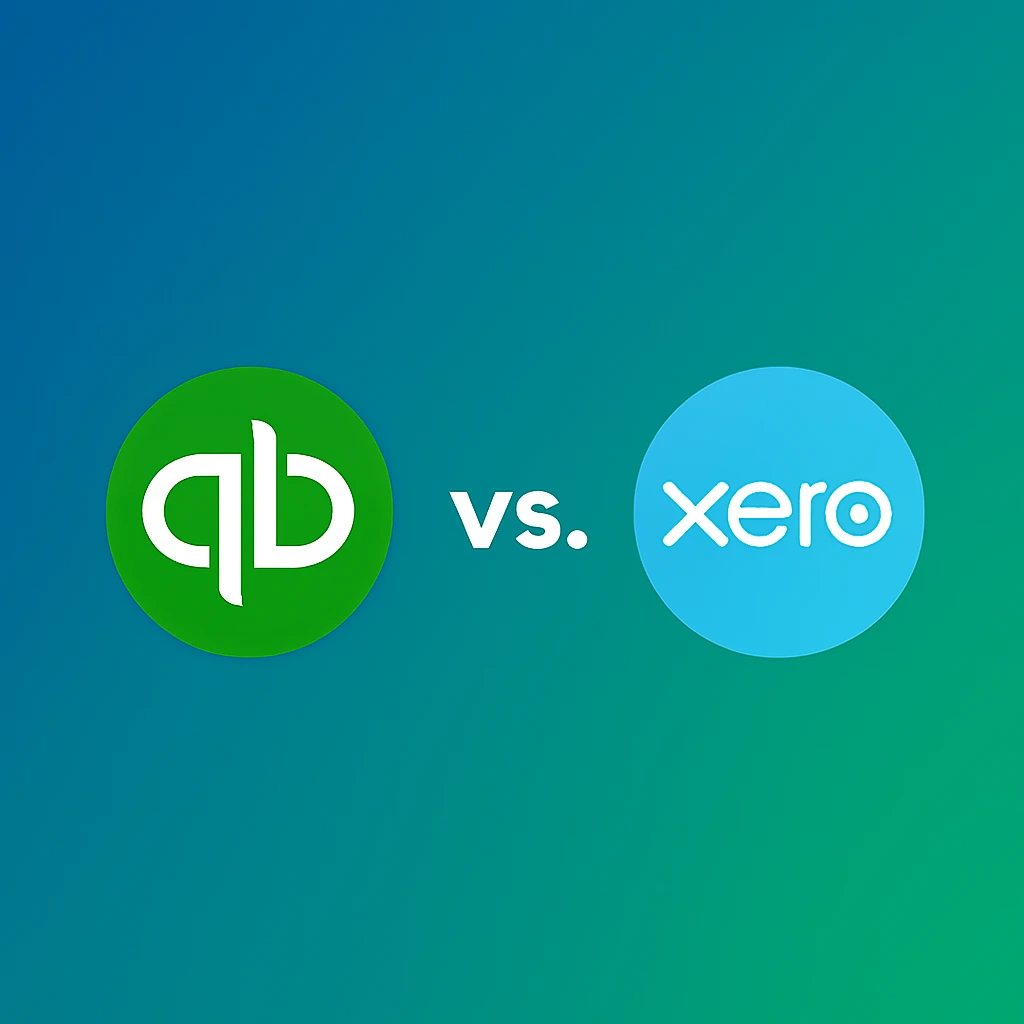The QuickBooks vs Xero Canada 2025 debate keeps growing, and for good reason. Both promise smooth bookkeeping, automation, and smart reporting but which one truly works better for Canadian businesses? If you’ve been digging into QuickBooks vs Xero comparison or comparing features, this honest breakdown will help you make the right call before you commit.
QuickBooks and Xero: A Quick Snapshot
QuickBooks has been around for decades and dominates the Canadian market. It’s trusted by accountants and small businesses alike. The platform is known for its deep reporting and tax tools, which makes it especially attractive if you’re serious about year-end compliance.
Xero, born in New Zealand in 2006, grew fast by targeting entrepreneurs who wanted simplicity. It shines in clean design, unlimited users (at no extra cost), and integrations with hundreds of apps. Xero tends to be popular with tech-savvy business owners who want flexibility and a modern interface.
So, both have strong reputations, but their approaches differ.
QuickBooks vs Xero Canada Pricing (2025)
Let’s be honest. Price can make or break your decision, especially if you’re running a lean operation. Here’s the 2025 breakdown straight from the Canadian sites:
- EasyStart – $28/month (currently $14/month for the first 6 months)
- Plus (Best Value) – $95/month (currently $38/month for the first 6 months)
- Advanced – $190/month (currently $76/month for the first 6 months)
Every QuickBooks plan includes essentials like income/expense tracking, invoicing, tax deduction tools, receipt capture, and mileage tracking. Moving up tiers adds project profitability, inventory tracking, multi-currency, budgets, batch invoicing, and up to 25 users. Advanced also includes automation, premium support, accountant seats, and custom access controls.
If you’re curious about all QuickBooks pricing tiers and what they include, check out our detailed guide How Much Does QuickBooks Cost in 2025? Pricing & Plans Explained. It breaks down each plan so you can see exactly what you get for your investment.
- Starter – $25/month
- Standard – $55/month
- Premium – $75/month
Xero keeps things simple but with limits: Starter caps you at 20 invoices and 5 bills per month. Standard removes the caps. Premium unlocks multi-currency. Add-ons like expense claims ($5/month) or project tracking ($10/month) can drive the monthly cost up.
Takeaway: QuickBooks looks pricier, but more features are included upfront. Xero’s cheaper entry point can be attractive if you’re very small, but once you start adding projects, expenses, or multi-currency, the price gap narrows quickly.
QuickBooks vs Xero Canada Features That Matter Most in 2025
Invoicing and Payments
QuickBooks lets you create professional invoices, accept payments online, and set up recurring billing. It also supports progress invoicing, handy if you bill in stages (like contractors or consultants).
Xero also delivers polished invoices and integrates with Stripe and PayPal. The difference? QuickBooks is more tax-deduction focused, while Xero gives you more flexibility with unlimited users who can touch invoices without paying extra.
Expense Tracking and Receipts
QuickBooks has strong expense tracking and a built-in tool to capture receipts by snapping photos. This is especially useful for Canadian businesses when it’s time to maximize GST/HST input credits.
Xero matches this with Hubdoc integration, which pulls bills and receipts automatically. However, Hubdoc sometimes feels like a separate app, while QuickBooks has the functionality built in.
Multi-User Collaboration
This is where businesses often make their choice. QuickBooks Plus supports up to 5 users, and Advanced allows up to 25 with role-based permissions.
Xero, on the other hand, offers unlimited users across all plans. If you’ve got a growing team, that’s a huge selling point.
Reporting and Analytics
QuickBooks is known for powerful reporting. Cash flow, profitability, tax summaries, everything’s laid out clearly, and accountants in Canada are usually most comfortable working inside QuickBooks files.
Xero’s reporting is solid but not as deep. To get advanced insights, you may need to pay for Analytics Plus or connect with third-party apps.
Ease of Use
Some say QuickBooks feels a bit “old school.” The learning curve is real, but once you get used to it, the structure makes sense. For business owners who need to stay compliant with CRA rules, QuickBooks often feels like the safer bet.
Xero’s interface is sleek and minimal. It feels less intimidating at first glance, but some Canadian users report frustration when trying to adapt it to CRA-specific needs like GST/HST reporting.
Integrations and Ecosystem
QuickBooks integrates with hundreds of apps, payroll, inventory, CRM, time tracking and in Canada, it connects smoothly with third-party tax tools.
Xero is famous for its app ecosystem, boasting over 1,000 integrations worldwide. It’s especially popular with startups that use niche tools. But keep in mind, many of those apps are priced in USD, which can add up for Canadian users.
QuickBooks vs Xero: Which Is Better for Canadian Businesses?
If your top priority is compliance, detailed reporting, and working easily with your accountant, QuickBooks edges out. It’s built for Canadian tax rules, offers mileage and deduction tracking, and has widespread adoption here.
If you value unlimited users, modern design, and flexibility, Xero is a strong choice, especially if your business is small, tech-friendly, and not overly complex with tax needs.
If you’re specifically comparing software for a startup, you might also find our post “FreshBooks vs QuickBooks: Which Accounting Software Is Better for Your Startup?” helpful
Final Thoughts: Choosing Between QuickBooks vs Xero Canada 2025
QuickBooks vs. Xero Canada 2025 is not about which one is “better” overall. It’s about which one fits how you run your business. QuickBooks is like the seasoned accountant who’s seen it all. Xero is more like the tech-savvy consultant who keeps things light and flexible. Both have value. it just depends on your style and your team’s needs.
If you’re still torn, here’s a simple rule of thumb:
- Choose QuickBooks if you want reliability, CRA-friendly compliance, and all-in-one features.
- Choose Xero if you want unlimited users, modern simplicity, and don’t mind piecing together add-ons.
Tip: Many Canadian business owners test both with a trial month. Try running the same invoices and expenses side by side in QuickBooks and Xero. You’ll know within weeks which one feels like a natural fit.
At Acctax, we help Canadian businesses pick the right tools, set them up properly, and make sure they actually save time at tax season. If you’d like to chat through your options, Contact Us! We are open for Online or In-person meetings!




